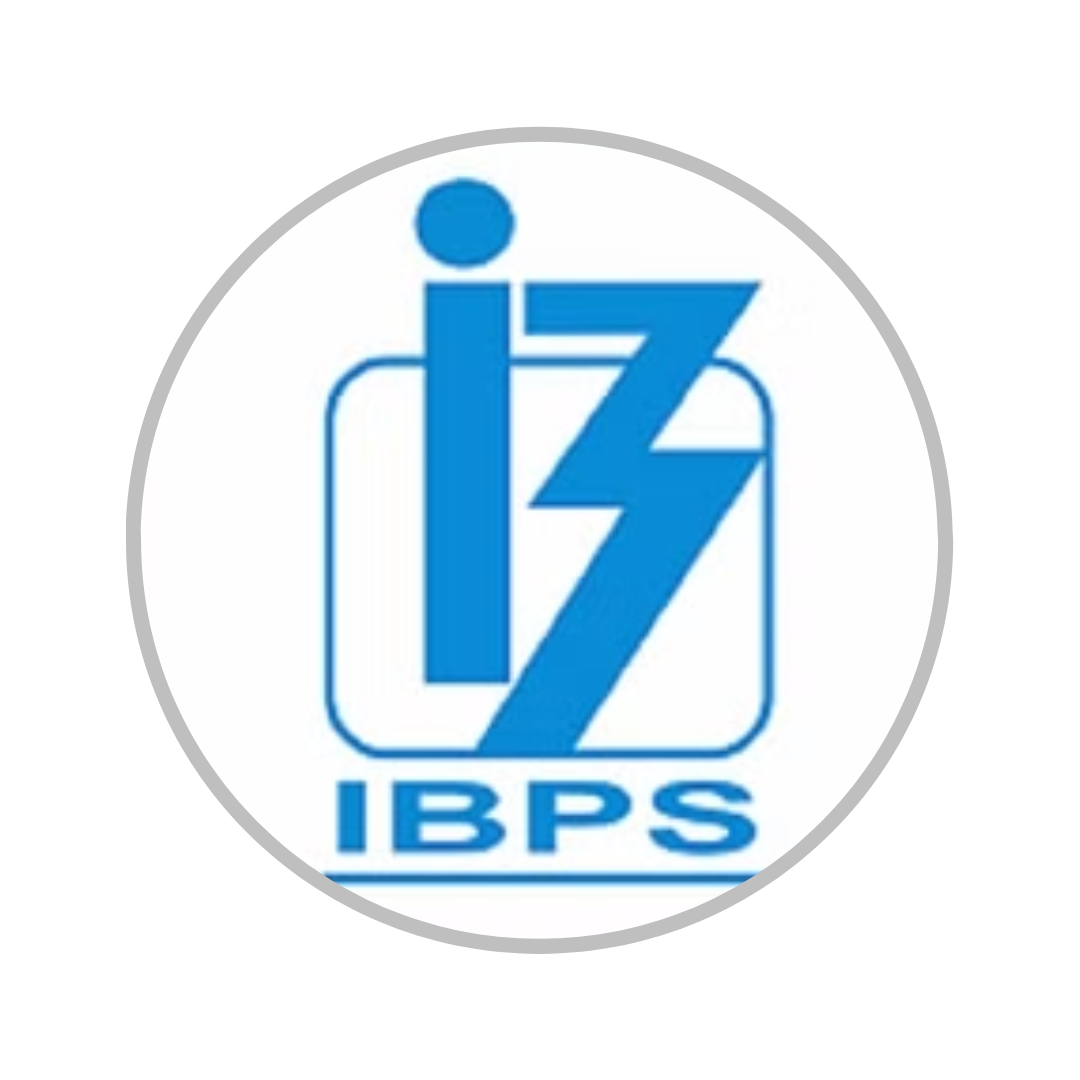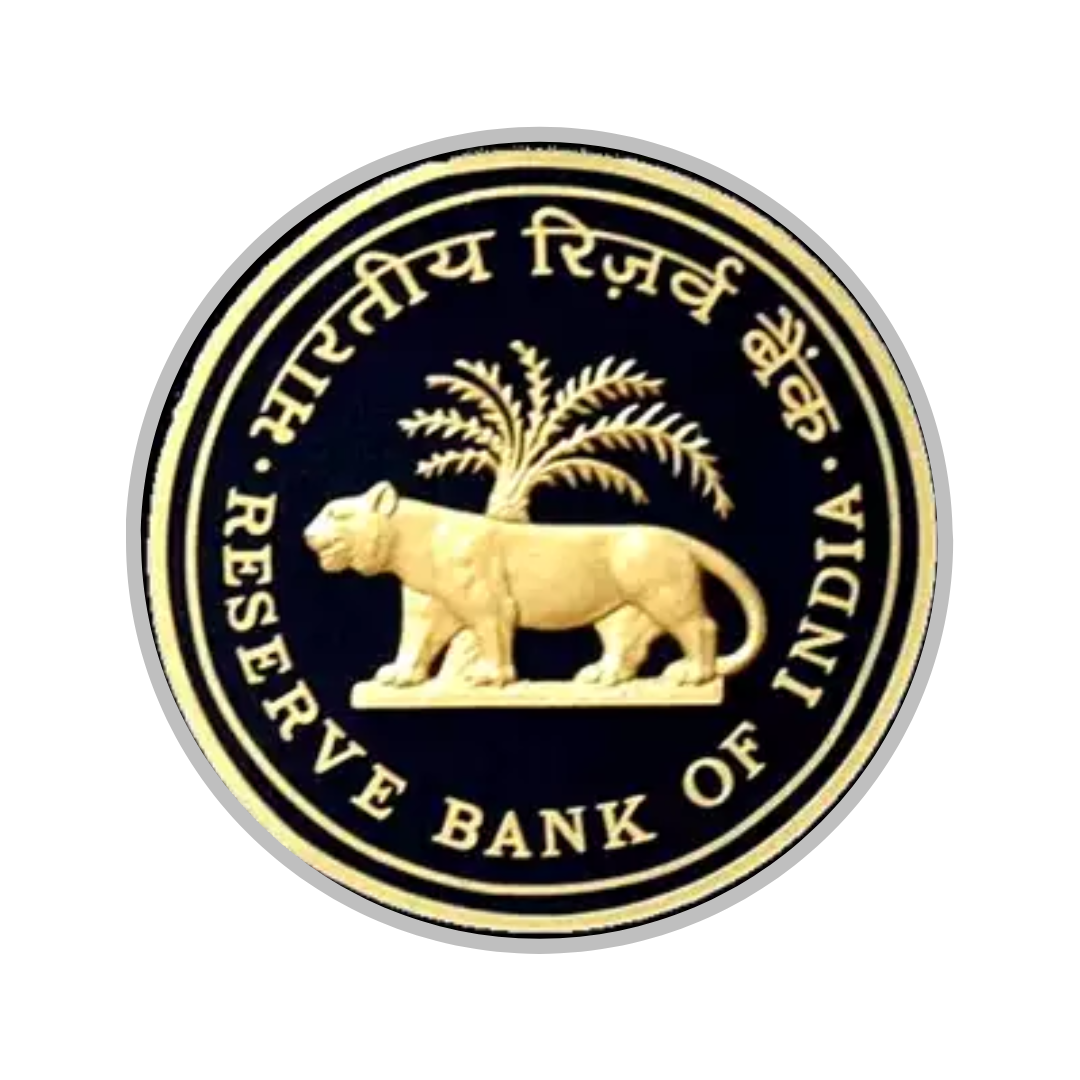Banking Exams

IBPS Clerk
Overview
The IBPS Clerk exam is another competitive examination conducted by IBPS in India to select eligible candidates for recruitment of clerical cadre staff in various public sector banks like PNB, BOB SBI, RBI, NABARD, SIDBI, LIC etc. in India.
The examination is held in two phases that is- Online Preliminary and Online Main. Candidates who qualify in Preliminary Exam get shortlisted for Online Main Examination. The shortlisted candidates of Main exam are then provisionally assigned to one of the Participating Banks, subject to the number of vacancies and the business needs of the Participating Banks.
Eligibillity
Candidates must meet certain eligibility criteria in terms of age, educational qualification, and nationality as specified by IBPS
The syllabus for IBPS Clerk exam typically covers topics such as English Language, Numerical Ability, Reasoning Ability, General Awareness, and Computer Knowledge.
Candidates need to register online for the exam by filling out the application form on the official IBPS website within the specified dates
The score obtained in the IBPS Clerk exam is valid for one year.
Exam Patterns
The exam typically consists of three stages:
-
- Preliminary Examination: This online test typically covers questions from three sections: English Language, Numerical Ability, and Reasoning Ability.
- Main Examination: Qualified Candidates of preliminary exam are eligible to appear for the main exam, which judges their caliber in General/Financial Awareness, General English, Reasoning Ability and Computer Aptitude, and Quantitative Aptitude.
- Interview: Some banks conduct interviews after the main examination for further judgment.

IBPS PO
Overview
The IBPS PO Exam is a competitive examination conducted by an autonomous body, IBPS (Institute of Banking Personnel Selection) in India to select eligible candidates for the post of Probationary Officers/Management Trainee in various participating banks in different public sector banks in India. In the year 2011, IBPS started the Common Recruitment Process (CRP) for recruiting officers and clerks in Indian Bank and accepts online applications.
The IBPS CRP PO/MT CRP is held annually for the selection of candidates for the position of Probationary Officer/Management Trainee for the 11 public sector banks like PNB, BOB SBI, RBI, NABARD, SIDBI, LIC etc. The candidate has to go through three stages; Prelims, Mains, and Interview.
Eligibillity
- Candidates must meet certain eligibility criteria in terms of age, educational qualification, and nationality as specified by IBPS.
- An applicant with B.Com Hons, Chartered Accountancy, Graduation in Economics/Business Economics, can hope to pursue career in banking sectors. Apart from these, the candidates with graduation in any stream from a recognized university are also entitled to give the bank clerk and PO exams.
- Syllabus: The syllabus for IBPS PO exam covers topics such as English language, quantitative aptitude, reasoning ability, general awareness, and computer knowledge.
- Application Process: Candidates need to register online for the exam by filling out the application form on the official IBPS website within the specified dates.
- Score Validity: The score obtained in the IBPS PO exam is valid for one year.
Exam Patterns
Exam Pattern: The exam typically consists of three stages-
-
- Preliminary Examination: This is an initial screening test consisting of objective-type questions in English Language, Quantitative Aptitude, and Reasoning Ability.
- Main Examination: Candidates who qualify the preliminary exam are eligible to appear for the main exam, which usually includes sections on Reasoning & Computer Aptitude, General/Economy/Banking Awareness, English Language, and Data Analysis & Interpretation, along with a Descriptive Paper.
- Interview: Shortlisted candidates are assessed in personal interview for their final selection.

IBPS SO
Overview
The Institute of Banking Personnel Selection (IBPS) in India administers the competitive IBPS SO (Institute of Banking Personnel Selection Specialist Officer) test. The exam is used to find applicants for posts as specialised officers in India’s public sector banks.
Jobs such as IT Officer, Agricultural Field Officer, Law Officer, HR/Personnel Officer, Marketing Officer, and Rajbhasha Adhikari are examples of Specialist Officer positions. The candidate who qualifies the online exam is further considered for the in-person interview phase.
Eligibillity
Eligibility Criteria: The educational qualification for IBPS SO for various positions is different.
- T. Officer (Scale I): Four years engineering/Technology degree in Computer Science/IT/Computer Application/Electronics and Communication Engineering/Electronics and Telecommunication/ Electronics and Instrumentation
OR
Post Graduate Degree in Computer Science/IT/Computer Application/Electronics and Communication Engineering/Electronics and Telecommunication/ Electronics and Instrumentation
OR
Graduates having passed DOEACC ‘B’ level exam
- Agricultural Field Officer (Scale-I): 4 years graduation degree in agriculture/ Horticulture/ Animal Husbandry/ Veterinary Science/ dairy Science/ Agricultural engineering/ Fishery Science/ Pisciculture/ Agri Marketing and cooperation/ Co-Operation and Banking/ Agro-Forestry
- Rajbhasha Adhikari (Scale I): Post Graduate in Hindi with English as a subject at the graduation or degree level OR Post Graduate Degree in Sanskrit with English and Hindi as a subject at graduation level
- Law Office (Scale I): A bachelor’s degree in Law and enrolled as an advocate with Bar Council
- HR/Personnel Officer (Scale I): Graduate and Full Time Post Graduate Degree or Full time Diploma in Personnel Management/ Industrial Relation/ HR/ HRD/ Social Work/ Labour Law
- Marketing Officer (Scale I): Graduate and Full-Time MMS (Marketing)/ MBA (Marketing)/Full time PGDBA/ PGDBM with specialization in Marketing
Exam Patterns
The exam typically consists of three stages-
- Preliminary Examination: This is an initial screening test consisting of objective-type questions in English Language, Quantitative Aptitude, Reasoning Ability and General Awareness.
- Main Examination: Candidates who qualify the preliminary exam are eligible to appear for the main exam, which usually includes the subjects as per different posts. Like IT Officer has subject related to computer industry, Law will have questions from Compliance and Legal Aspects, Agricultural Field Officer has the subject covering Agricultural Practices and other related subjects. The officers of different scale and grades are asked questions from their area of expertise or the Specialized Subjects.
- Interview: Shortlisted candidates are assessed in personal interview for their final selection.

RBI Assistant Exam
Overview
The Reserve Bank of India (RBI) also schedule Exam to select qualified applicants for The RBI (Reserve Bank of India) Assistant nationwide. This competitive exam is quite popular amongst people willing to work in banking sector. Held in three phases; Preliminary, Main, and Interview, this exam determines the qualified aspirants to work with RBI.
Eligibillity
Candidates must meet certain eligibility criteria in terms of age, educational qualification, and nationality as specified by RBI.
- The candidates need to have a bachelor’s diploma with at least 50% marks
- The applicants are required to be aged between 21 years and 30 years
- The upper age limit for the candidates possessing M.Phil. and PhD qualification is 32 and 34 years respectively.
Exam Patterns
The RBI Assistant exam is conducted in three phases:
- Phase-I: The Prelims exam is objective in nature and tests candidates on various parameter like English Language, Numerical Ability, and Reasoning Ability..
- Phase II: The Mains exam uses both objective and subjective questions to assess candidates’ knowledge and skills.
- Negative marking is applied as a punishment for each incorrect response.
- Interview Process: Candidates who pass through the Mains moves to the interview level.
Final selection is based on the performance in the main exam and interview, subject to fulfilling the eligibility criteria.

RBI Grade B Officer Exam
Overview
Every year, the Reserve Bank of India (RBI) holds the RBI Grade B Officer Exam to select qualified applicants for the Grade B Officer positions in its numerous branches around the nation. Hundreds of individuals across the nation apply for this prestigious and highly paid job profile. Because there are only a limited number of vacancies available for the RBI Grade B Exam, the exam is comparatively extremely competitive in nature
Three stages of a nationwide competitive examination are followed to choose RBI Grade B Officers – Preliminary, Main, and Interview.
This national-level Grade B Officer exam at RBI exam offers various posts, including:
- Officers in Grrade ‘B’ (DR) – (General)
- Officers in Grade ‘B’ (DR) – DEPR
- Officers in Grade ‘B’ (DR) – DSIM
Eligibillity
-
Candidates must meet certain eligibility criteria in terms of age, educational qualification, and nationality as specified by RBI. The eligibility criteria may vary depending on the specific grade.
- Candidates are required to be aged between 21 years and 30 years
- The upper age limit for the candidates possessing M.Phil. and PhD qualification is 32 and 34 years respectively.
Exam Patterns
: The RBI Grade B Officer exam is conducted in three phases:
- Preliminary Examination: This phase consists of objective-type questions covering general awareness, English language, quantitative aptitude, and reasoning ability. It serves as a screening test.
- Main Examination: The main exam includes both objective and descriptive-type questions. The subjects covered in the mains vary depending on the grade for which the candidate is applying. For Grade B (General), it typically includes Economic & Social Issues, Finance & Management, and English (Writing Skills). For Grade B (DEPR) and Grade B (DSIM), it includes subjects related to their respective disciplines.
- Interview: Candidates who qualify the main exam are called for an interview. Final selection is based on the combined performance in the main exam and the interview.
Dedication, concentration, and persistent work are necessary for preparing for the RBI Grade B Officer exam. It is essential to be up to date on current events, financial news, and economic trends in order to pass this test. In preparation for the interview phase, candidates should also focus on developing their personalities and communication abilities.
